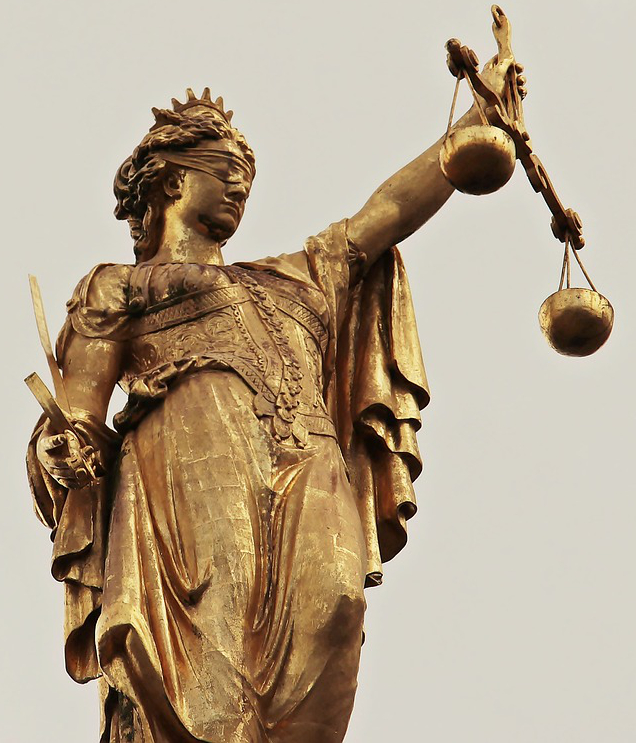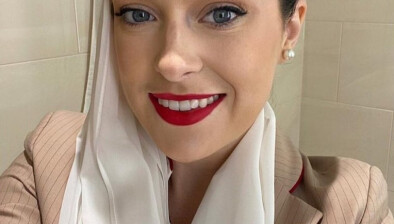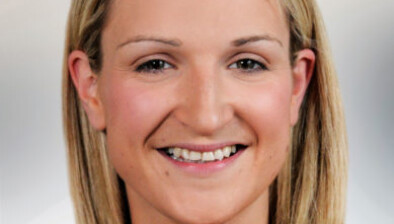Human rights warning after Ireland secures extradition of alleged Kinahan cartel member from UAE

An alleged senior member of the Kinahan organised crime group has appeared in the Special Criminal Court following his extradition to Ireland from the United Arab Emirates (UAE).
The Irish government has welcomed the extradition of Sean McGovern as an example of “excellent criminal justice cooperation” with the UAE government, though human rights campaigners have warned that it is a “public relations exercise” for the Gulf state.
McGovern arrived in Dublin yesterday evening, a day after the European Commission announced the beginning of trade talks with the UAE.
The justice minister, Jim O’Callaghan, said: “In recent years, the UAE and Ireland have worked together to advance criminal investigations into serious and organised crime.
“That strong cooperation was further strengthened by the decision to deploy a Garda liaison officer to Abu Dhabi last year and the negotiation of bilateral treaties on extradition and mutual legal assistance, both of which entered into force on Sunday 18 May.
“These developments result from tireless work by An Garda Síochána and officials in my own Department with their UAE counterparts, supported by their colleagues in the Department of Foreign Affairs and other agencies, and clearly demonstrates that this government will work through the necessary steps to pursue organised crime groups inflicting misery on our communities.
“I would particularly like to acknowledge and thank my counterpart, the Emirati minister of justice, His Excellency Abdullah Bin Sultan Bin Awad Al Nuaimi and his senior officials in the Ministry of Justice, along with the Dubai police, for their ongoing engagement and commitment to strengthening judicial and police-to-police cooperation on criminal matters in our efforts to combat the global threat of organised crime.”
However, Detained in Dubai founder Radha Stirling said: “This extradition is being used as a public relations exercise. The UAE wants to shed its reputation as a criminal safe haven, especially under pressure from Interpol, the FATF, and Western allies.
“But one extradition doesn’t reflect meaningful change in a legal system that remains opaque, politicised, and lacking in basic due process.”
Ms Stirling has represented dozens of clients facing wrongful detention, politicised prosecutions, and retaliatory extradition attempts in the UAE.
She said: “Extraditions from the UAE are rarely the result of impartial legal proceedings. More often, they are part of political or diplomatic bargaining.
“Quid pro quo arrangements that have little to do with justice. This makes it incredibly dangerous for anyone with business disputes, political enemies, or public profiles that might make them a target.”
Ms Stirling added: “McGovern’s extradition will be used to polish the UAE’s image. But the same risks remain, including arbitrary arrests, lack of fair trials, and politically motivated prosecutions.
“It is vital that Western governments approach such cooperation with caution and scrutiny.”









